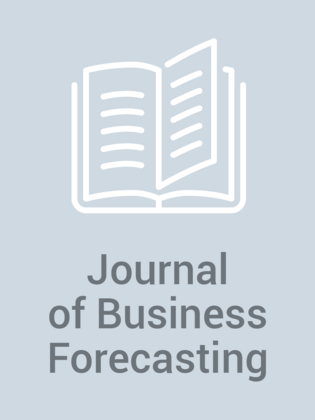How to Use Benchmarking Information
HOW TO USE BENCHMARKING INFORMATION? By Larry Lapide, VP and GM, Supply Strategies, AMR Research Benchmarking information, like any other type of information, is not useful if you can’t take an action. If, for example, all you know is that your company’s forecasting error is higher than that of other companies, this, by itself, won’t help you improve your own, unless you can identify why this holds and what to do about it. Once you get your hands on benchmarking data from other companies, I’d recommend the following course of action to get the most out of it. Collect the same type of information for your company in order to compare your company’s performance against those of others: While this may sound straightforward, it is not. You need to understand exactly what benchmarking data you are looking at. For example, regarding forecast error: • How is error defined? Is it the commonly used Mean Absolute Percent Error (MAPE) or something else? • Is it based on weekly or monthly forecasts? • Is it based on forecasts generated one week or one month in advance? • Is the forecast error based on errors at the item, at the brand, or at the product category/group level? ...
From Issue:
Fall 2003
(Fall 2003)









